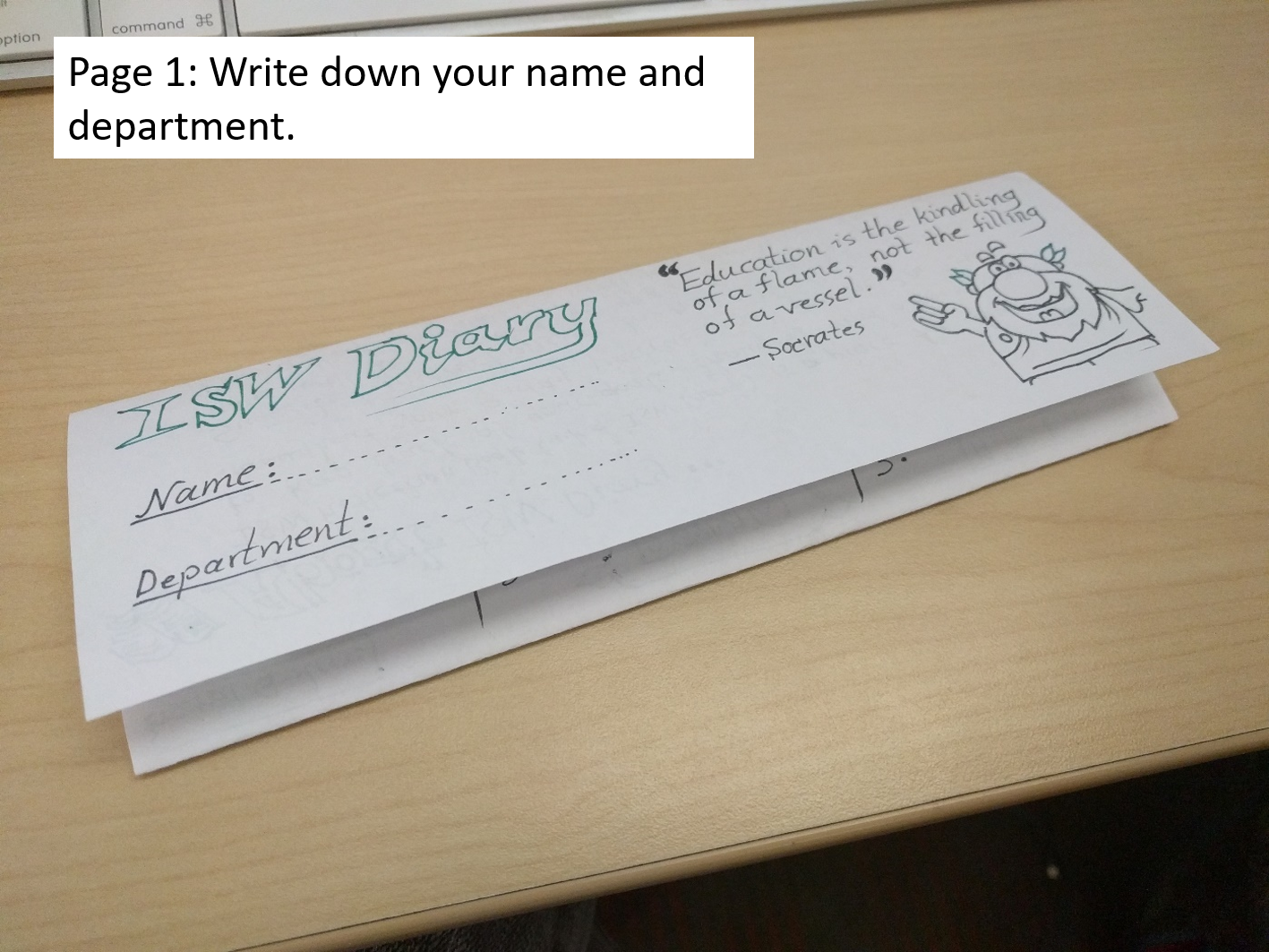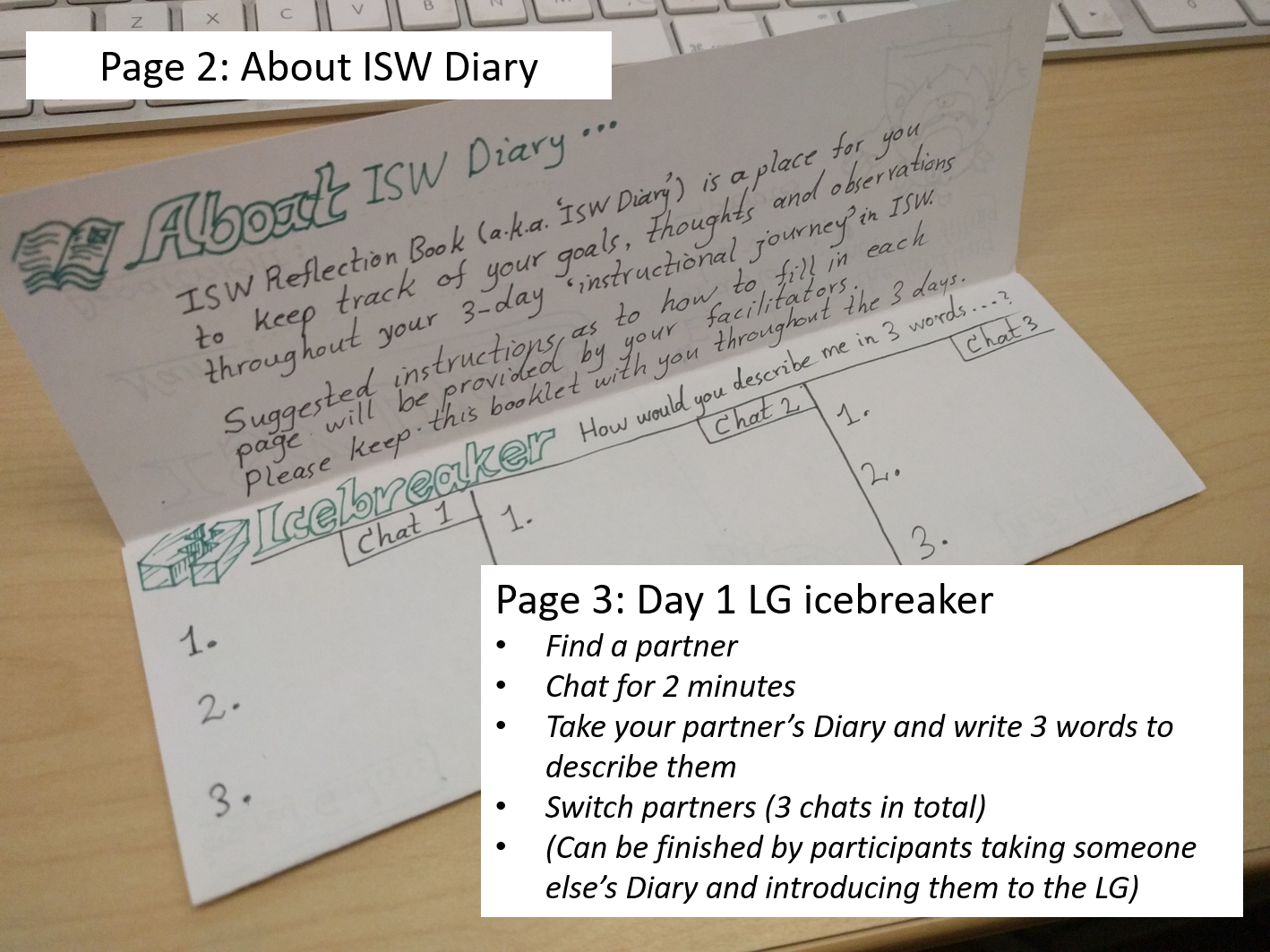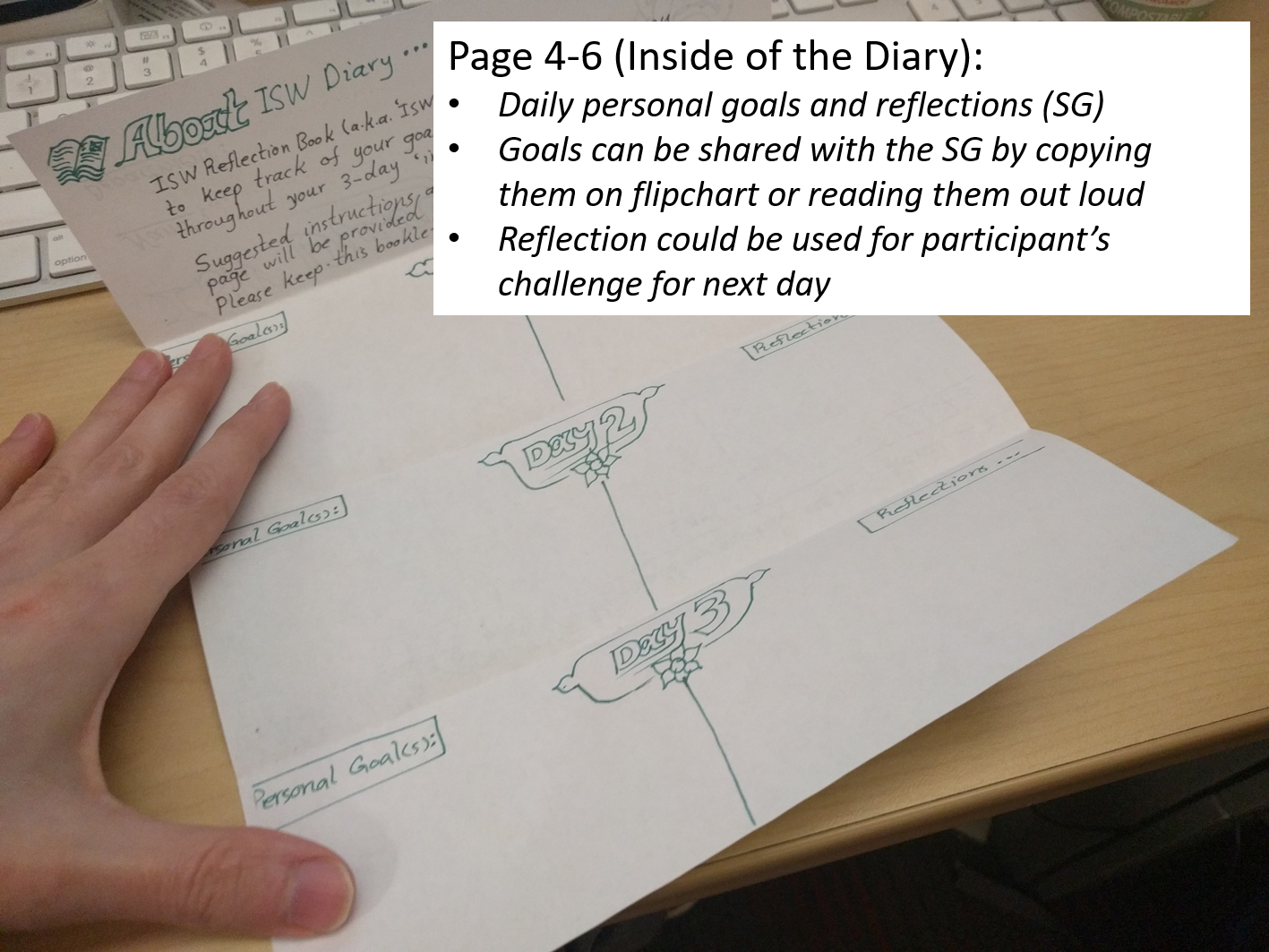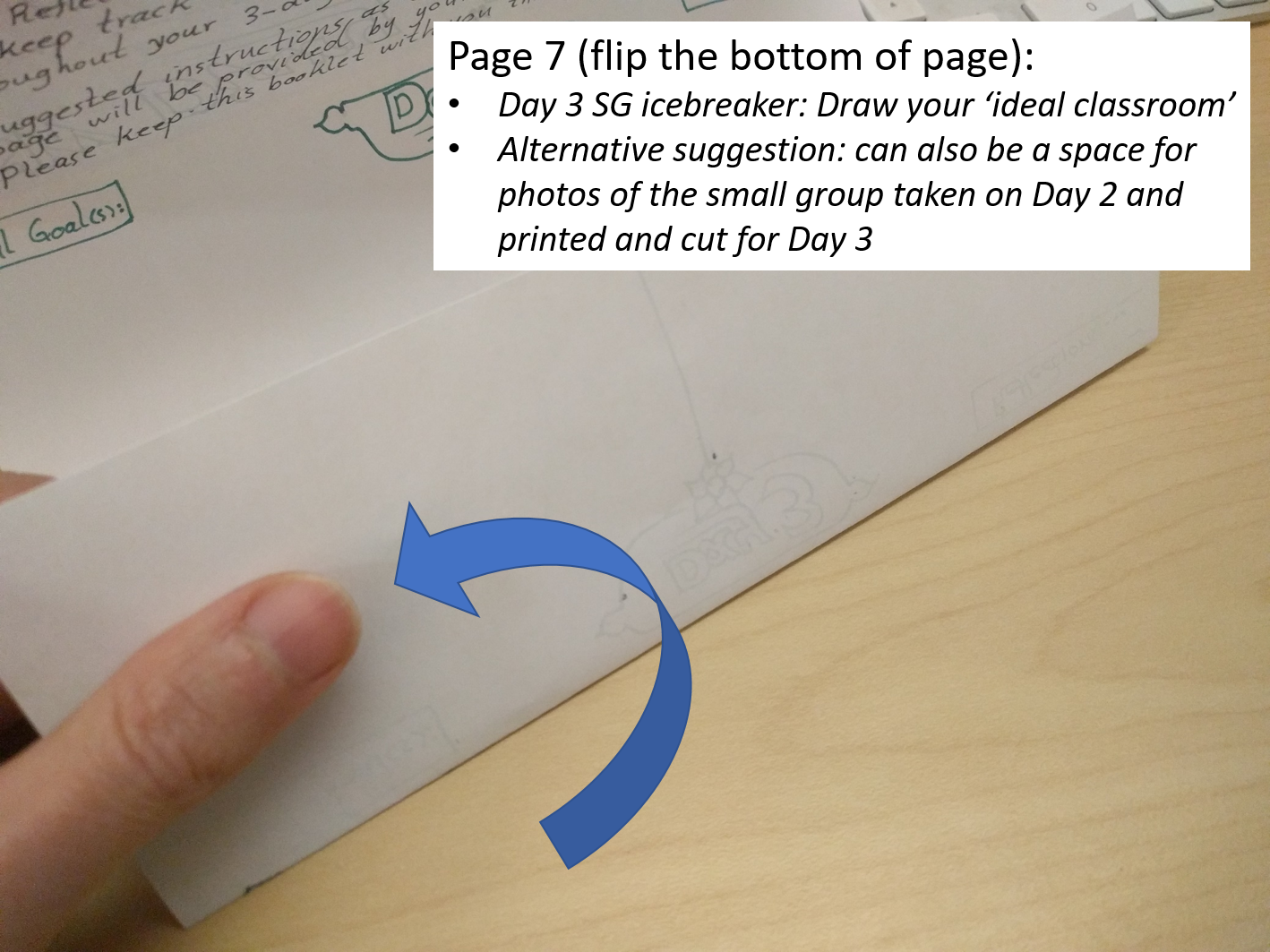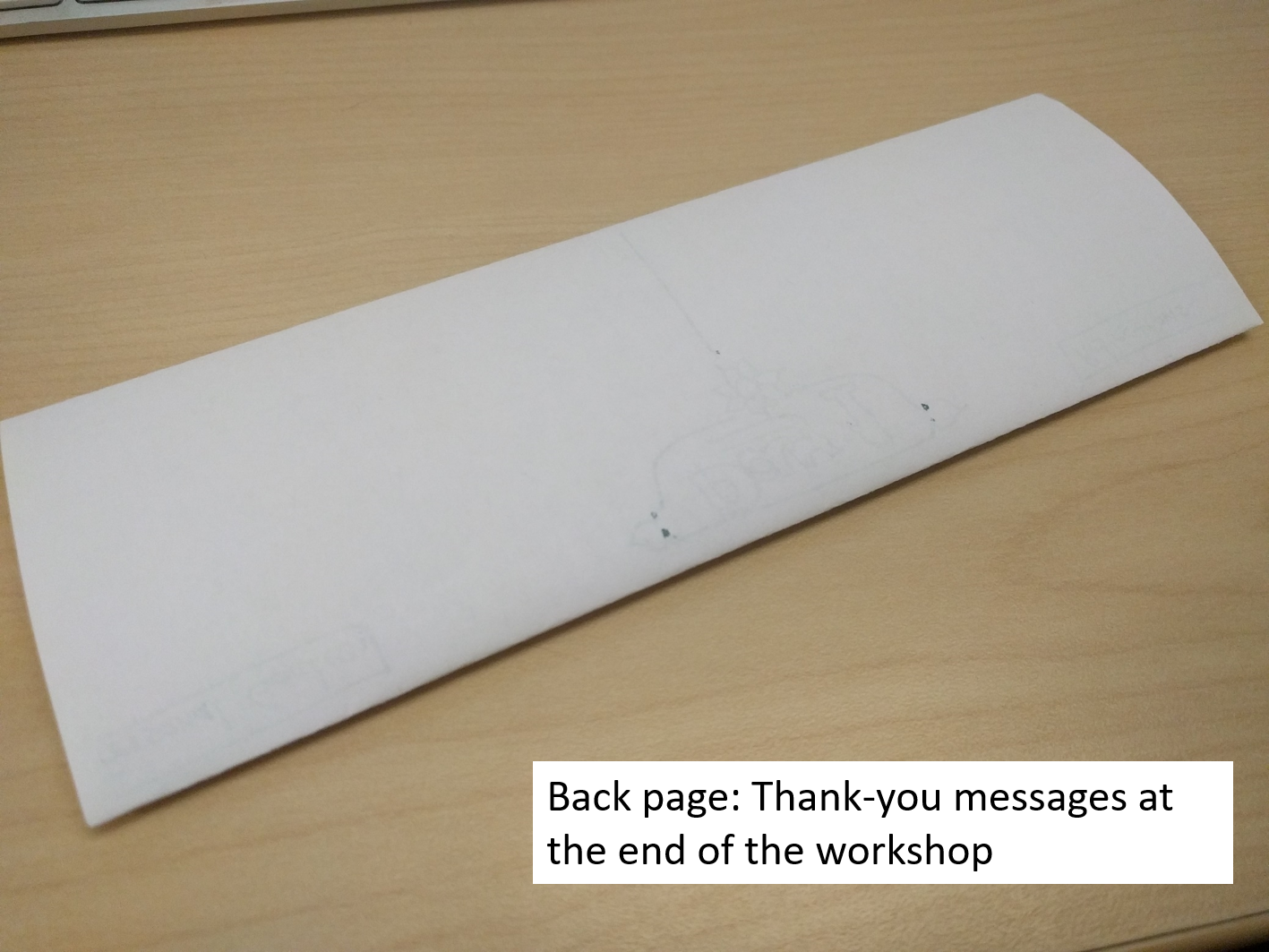In our ISW on June 6, 13 and 14, 2015, we have been able to successfully deliver 30-minute theme sessions while achieving learning objectives on higher Bloom’s level (application, analysis and evaluation). This was made possible by consistently building up the face-to-face sessions based on the activities on the online module.
We provided all the necessary resources and definitions on the online module and asked a few questions to make sure they use the resources and respond on basic Bloom levels. We tried to show our presence on the online module, by checking on the comments and providing encouraging comments and rephrased summaries. In the face-to-face sessions, we built up the activities almost entirely based on the resources provided on the online module, as well as the participants’ responses to the questions. Using this approach, the need to spend time on introducing the concepts in the face-to-face session was minimized, and also, the participants were more motivated and could more easily relate to the activities they were doing.
For example, in the session on Learning Objectives, the definitions and guidelines for preparing LOs were provided online. On the online module, we also asked them to provide a sample LO from their first mini-lesson, and also comment on at least one other participant’s LO. Their participation was really impressive, and we also tried to encourage them by replying to the comments. In the face-to-face session, after a short bridge, we gave each participant a “Learning Objective Evaluation Sheet”, which was basically an anonymous LO from another participant (copied directly from their own online responses). We then divided them into 4 groups and asked them to evaluate the LOs given to them, by giving them a score from 1-10, and also by providing suggestions for improvement. By passing the sheets around within each group, eventually we ended up with their LOs being peer-reviewed by three other participants with specific suggestions for improvement from each reviewer. We asked them to leave the anonymous sheets on a table as they left, so that the author of each LO could have a chance to pick up their sheet and use the suggestions. It was amazing to see that 10 out of 12 participants took their peer-reviewed LOs. The effect of the session was apparent by seeing their LOs on their mini-lessons, which were among the best Day 1 LOs I have ever seen.
The whole session took less than 30 minutes. Using a similar approach for other theme sessions, we were able to have the lunch break between 12 and 12:30, while having at least two mini-lessons before lunch on all of the three days.
